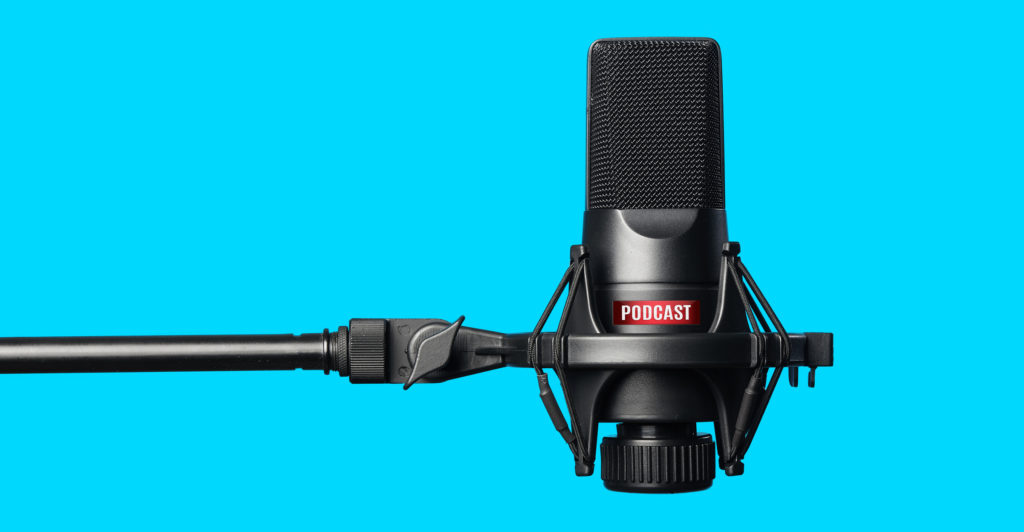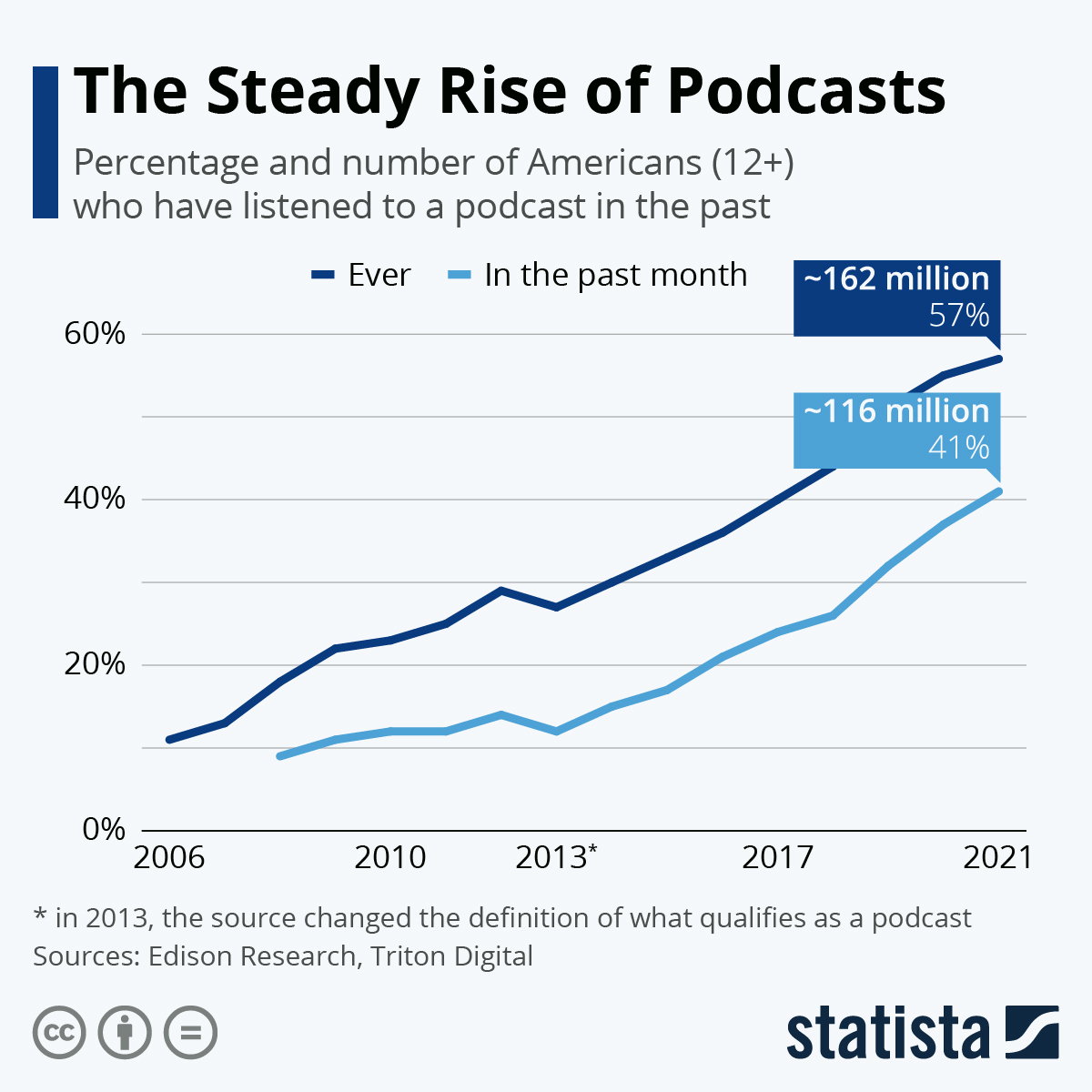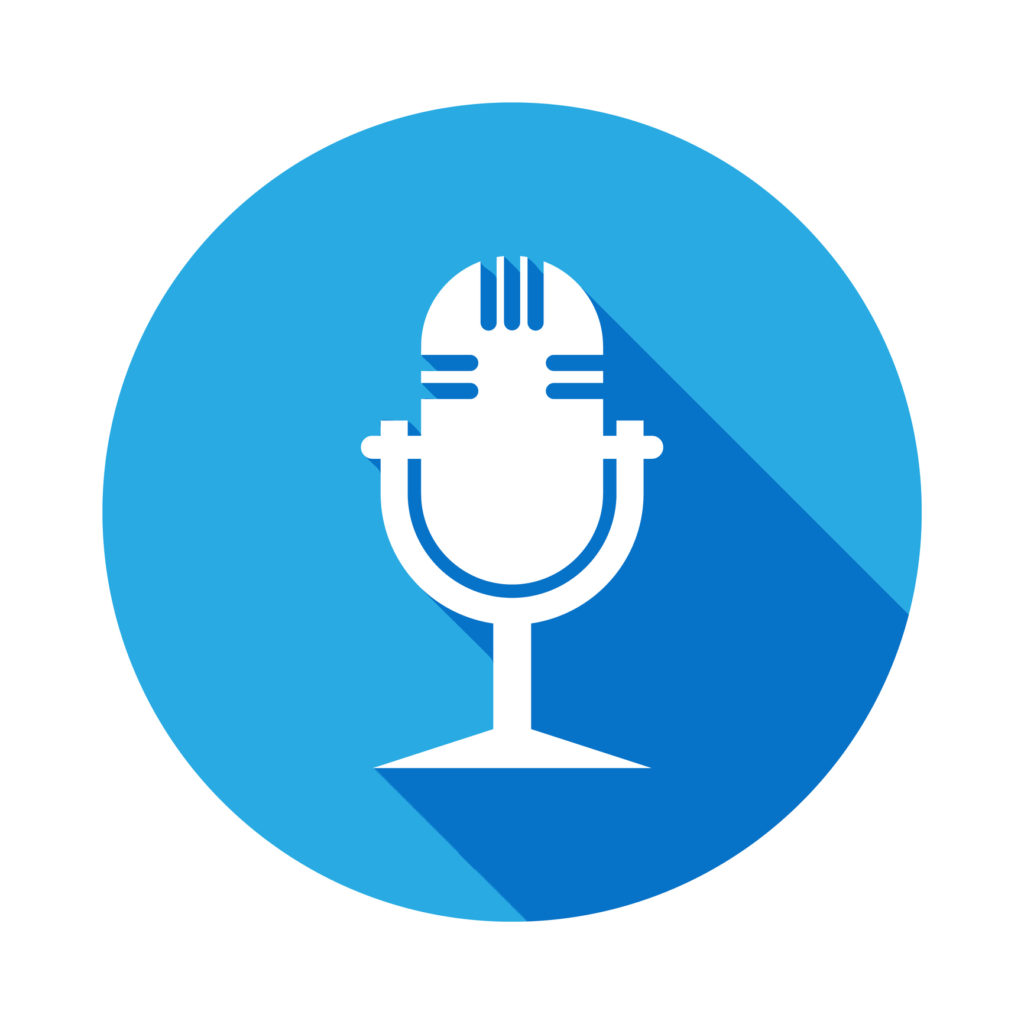Be a Great Podcast Guest in Four Easy Steps

Since they first arrived on the scene some 15 years ago, podcasts have grown exponentially. By some estimates, there are now more than 700,000. And more people are experiencing them. For the first time, more than 50 percent of the U.S. population have listened to a podcast, according to a recent survey. With a growing audience, hosts are looking to book a lot more voices.
So, how can you become a great podcast guest?
 You will find more infographics at Statista
You will find more infographics at Statista
Podcasts are on-demand, meaning listeners can download them when they want and listen to them when they want. With the exception of some shorter and more traditional one-on-one interview formats, podcasts tend to be more conversational.
 Jessica Rhodes, a podcast host and guest, has seen podcasting grow tremendously since she founded Cranston, R.I.-based Interview Connections, a booking agency for podcasters and guest experts, six years ago. She also is the author of Interview Connections: How to #ROCKTHEPODCAST From Both Sides of the Mic.
Jessica Rhodes, a podcast host and guest, has seen podcasting grow tremendously since she founded Cranston, R.I.-based Interview Connections, a booking agency for podcasters and guest experts, six years ago. She also is the author of Interview Connections: How to #ROCKTHEPODCAST From Both Sides of the Mic.
To be a great podcast guest, she notes that you are not only relaying your messages, but also helping the host to grow his or her audience by providing content that resonates with his or her audience. Yes, for every podcast series such as Serial, This American Life, or The Daily, which are downloaded by millions, there are programs that cater to far smaller audiences.
Given the niche-friendly aspect of podcasts, a show that has only several dozen avid followers is not going to be pulled or moved to a new time slot. It will continue as long as the host is willing to make and distribute the episodes. Therefore, the host typically has a strong connection with the audience and strives to present guests who offer the expertise or value the audience seeks.
Rhodes notes:
“A huge part of the strategy of podcasting is always looking at who is the audience …. That is just so important, and it allows us another way to be an effective podcast guest. I encourage my clients to ask the host before the recording starts, ‘Who is your target audience?’ ‘How do I make this a great interview for you?’ So that way you can tailor your answers to what the listeners want to hear about.”
In this medium, the host and the format are important considerations in how you get your messages across to your audience.
Ben J. Bogardus, an assistant professor of journalism at Qunnipiac University in Hamden, Conn., who teaches “The Art of the Podcast,” concurs:
“If (it) is a “live-to-tape,” interview (which is similar to traditional radio interviews), you just have one chance to do it, so you don’t want to ramble. You want to get the points out as clearly as possible. Then, stop talking. It’s the host’s job to keep the conversation going. So, they will pick up on that silence and ask another question or follow up …. the host is the one in control here.”
How to Be a Great Podcast Guest
Here are four steps to becoming a great podcast guest.
1. Prove Your Value
While you may be an interesting personality, your expertise is the biggest draw for many podcast hosts. Being a great podcast guest begins before the interview. Rhodes, for instance, encourages her clients to put together a “one-sheet,” a branded PDF that includes a headshot as well as biographical and professional information that serves as a calling card. The suggested topics of expertise and interview questions offer hosts an idea of whether a guest will be a great fit with their audience.

2. Prepare for Prime Time
Here are a few areas to cover:
Listen. If you are not a typical consumer of podcasts, this is a crucial step. Find similar programs to the one you are set to be on (or hope to be on). Also, listen to several episodes of those on which you are booked. By listening, you get a feel for the host, the format, the energy, the host-guest dynamic, and the audience. As a plus, you get a sense of what makes for a great guest.
Ask for a “roadmap.” Well before your interview, ask the host if there are any topics or questions for which you should prepare. Even if you have successfully pitched the host, don’t assume your suggested pitch is the only topic that will be discussed.
Create bulleted notes. You can refer to your main points during the conversation. Try and refrain from reading your answers off a written script; it will sound as if you are reading, because you are. The passion, energy, and enthusiasm the host hopes to work with may potentially be stilted. That goes for memorizing answers, too. If you are busy trying to recover the exact words, it’s hard to listen to what the host is saying and to come off as conversational.
Tech up. Make sure you have the hardware and software that corresponds to a host’s needs and offers good sound quality. An external mic will make you sound better than your computer’s internal mic. And, you’ll need a set of headphones so the host’s voice is not coming out of your speakers and echoing in the recording. You should have an online phone service, such as Skype, as many podcasters record with similar software.
Practice. Well before the interview, test out the equipment and software to make sure it works and you know how to work it. Record yourself and critique the performance. By the time of your interview, you will have refined your sound and become comfortable with the technology.
Create a professional space. It’s ideal to call from a quiet space. It sounds more professional, leaves the host with potentially less editing, and undoubtedly leaves you less distracted.
3. Present a compelling story
The way podcasts are consumed can affect how you tailor your message or tell your story.
Listeners of terrestrial radio can be more sporadic in their attention. They change dials or weave in and out of a program as they stop for errands or do chores around the house. The program does not follow them; they must follow the program. Therefore, it’s important to state your message early and often to catch those tuning in and out, as well as any stragglers who arrive halfway through the show.
In contrast, a podcast follows listeners, who can hit play and pause it as they see fit. This means there is a greater likelihood they will listen to your every word. Stating your message early is still a good thing, as is circling back to your key points from time to time. However, given the leisurely nature of the medium – listeners can listen to it whenever and for however long they want to – your stories, data points, and examples can be a bit longer and you can deploy a lighter touch when it comes to your messaging.
Rhodes adds:
“It is pretty rare that someone would just start halfway through an episode without having heard the beginning of it. It is more of a full-form conversation.”
Here are some ways to create an engaging conversation:
Share stories and anecdotes. Be the other half of an engaging and entertaining conversation by sharing stories and interesting observations during the podcast.
Medium matters. Considering this is largely evergreen content – podcasts can be listened to years after the original post – be mindful of using any “day of” observations, such as “it’s snowing outside,” or “it’s really hot today,” if they are not necessary. Here’s one thing to consider regarding messaging: Since podcasts are often edited, it’s a good idea to know whether and how your answers will be edited. If it is a traditional “live to tape” type model, as Bogardus notes, your interview potentially will run as it was recorded. Some hosts, however, might condense a longer conversation for a shorter, tighter program.
Be enthusiastic. During the interview, bring on your energy and most engaging personality. Listeners may not see you, but they can “hear” your enthusiasm through the tone in your voice. Gestures also help improve the words spokespersons use. We typically find that people who gesture form clearer thoughts and speak more concisely.
Listen. You have points you want to get across, but it’s the host’s job to lead, so listen. If you are present and actively listening, you will find the places to share your key points and messages in a way that is more organic and less forced.
4. Wrap it up
Once the interview is through, there are still some tasks to check off, Rhodes says.
Follow up with a formal thank you. Just as a subject expert or spokesperson might work to develop a solid working relationship with a journalist or television or radio show host, it’s important to maintain a respectful and professional relationship with a podcast host. These efforts can lead to more appearances on that particular show, as well as others.
Find out the post date. Some hosts may edit and distribute shows quickly, while others may work in batches and distribute them over several weeks. Once you determine the date, promote it on your social media channels, blog, and website. This brings your key messages to your audience and helps the show to gain more followers.
Encourage and connect. Leave a rating and review for the podcast and connect with the host via social media. This lays a strong foundation for a great relationship.
Still curious about being a podcast guest? Rhodes and her co-host and company co-owner Margy Feldhuhn recently tucked into the subject during a recent episode of “Rock the Podcast,” the official podcast of Interview Connections. You can listen to that here:


